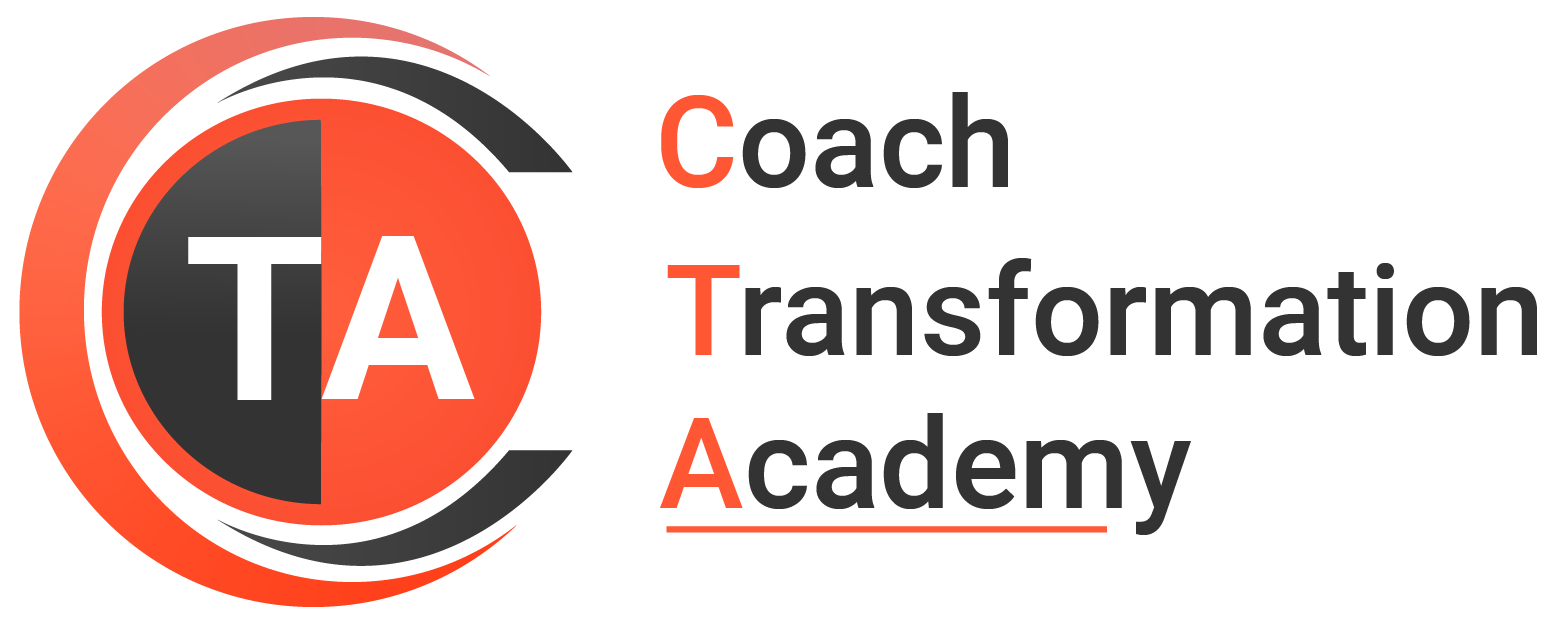Many enterprises, leaders, and researchers have identified coaching as critical management and leadership competency. The business environments are changing. And to be more efficient, employees need more and more coaching. Coaching at workplace is not about re-packaged management skills; it is about dealing with employee growth, eliminating performance roadblocks, and enhancing creativity.
What is workplace coaching?
In the business environment or workplace, coaching is when a coach addresses performance objectives to unleash employee potential and facilitate transitions. Coaching enables leaders to communicate immediate changes and improve decision-making. Whereas, on the individual level, coaching is all about helping employees amplify their efforts and aid them in functioning as a team. In a nutshell, coaching at workplace means a two-way communication process between the coach and trainees to influence and develop employees’ skills, attitude, motivation, and willingness to contribute to an organization’s goals.
How is it different from traditional coaching?
In a survey by Gallup study, among 1.2 million employees of 22 organizations across the world, great managers are not bosses; they are coaches. The research by Gallup claimed that 7 out of 10 leaders and managers see developing talents as one of their fundamental tasks. Individual or conventional coaching models focus on individual growth, whereas workplace coaching is all about contributing to the collective growth of individuals and organizations.
Coaching at workplace is focused more on individual and team engagement, and it aims at driving a behavioral change that can make tasks, processes, and things perfect. Coaches work with employees or trainees to develop a productive mindset and perspective. They cultivate the optimum environment for professional growth and uncover specific areas of improvement in skills, knowledge, and performance. By evaluating an employees’ readiness to be coached, coaches in the workplace deploy appropriate coaching tactics for better outcomes.
Why empower employees with coaching?
The orthodox command and control style of management is no longer effective in today’s business environment. Nowadays, employees need to trigger a rapid response for which leveraged creativity is critical. Workplaces are high-octane environments characterized by volatile market forces. Coaching can be a brewery of benefits for organizations. By empowering employees with structured coaching modules, organizations can bolster leadership effectiveness, orchestrate teamwork, and align employee efforts with enterprise objectives.
Coaching develops self-efficacy. Self-efficacy is an individual’s belief that they can accomplish any task at hand. The coaching principles trigger the performance ability of individuals to make them aware of their strengths and weaknesses. The benefits of coaching in the workplace are manifold because coaches facilitate greater performance and enhanced productivity.
Final thoughts
Savvy enterprise owners already know that coaching gives the organization a competitive edge by promoting creativity, resilience, and performance. Now and then, employees need an extra hand to operate within an environment of constant change. Coaching is no longer an alternative for tackling practical organizational flow; it has become a management competency. Retention is critical for business growth, and coaching supports professional development and satisfaction to keep valued employees.







